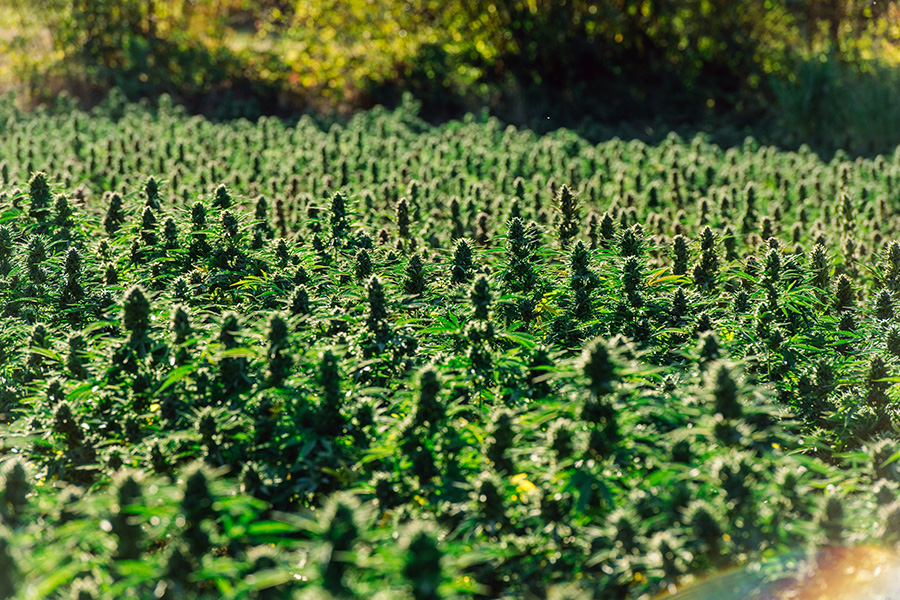In the world of gardening and farming, it’s always better to be prepared for the unexpected. Whether you’re ordering cannabis seeds or purchasing transplants, having extra plants on hand can be the difference between a successful planting cycle and a potential setback. In this blog post, we will discuss the importance of having extra plants or seeds. We will also provide useful tips to help you prepare for any unexpected challenges that may arise.
Order Extra Cannabis Seeds: Better Safe Than Sorry
When ordering cannabis seeds, it’s wise to include an additional 25% of seeds to account for potential losses. Not every seed will germinate, some may not emerge, and others may exhibit poor growth or lack vigor. By ordering extra cannabis seeds, you can account for these natural variations and guarantee that you have enough to fulfill your planting needs.
Similarly, when ordering transplants from a nursery, consider requesting an extra 5% on top of your desired quantity. Many nurseries include extras in their calculations to account for potential damage or loss during transportation or handling. Having these additional transplants can be a valuable resource in case any unforeseen issues arise during the planting process.
Planning for Crop Loss in Propagation
It’s unfortunate but true – setbacks happen. Factors such as pests (rats, mice, and birds), human errors like forgetting to water or open the greenhouse, malfunctioning automatic watering systems, or unexpected heavy frost can lead to a complete crop loss during propagation. To mitigate the risk associated with these mishaps, it’s essential to plan for such scenarios.
It’s wise to have quick access to extra plants or seeds as a backup in case of crop loss. By having a contingency plan in mind before the season starts, you can ensure that setbacks don’t derail your gardening efforts.
Having extra plants or seeds readily available is a valuable strategy for any grower. By ordering an additional percentage of seeds and transplants, you account for natural variations and potential losses during the planting cycle. Additionally, planning for a complete crop loss during propagation ensures that unexpected setbacks won’t leave you empty-handed.
Remember, it’s always better to have a surplus of plants or seeds at the end of a planting cycle than to face the frustration of not having enough. So, plan ahead, be prepared, and cultivate your garden with confidence!
